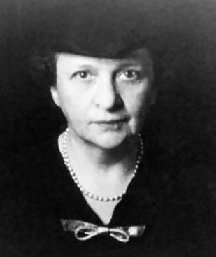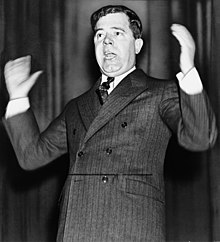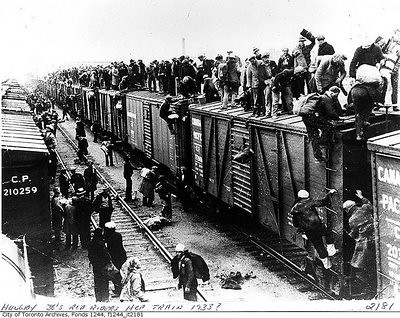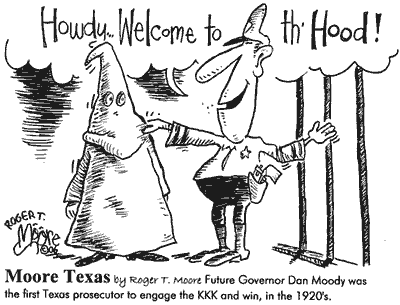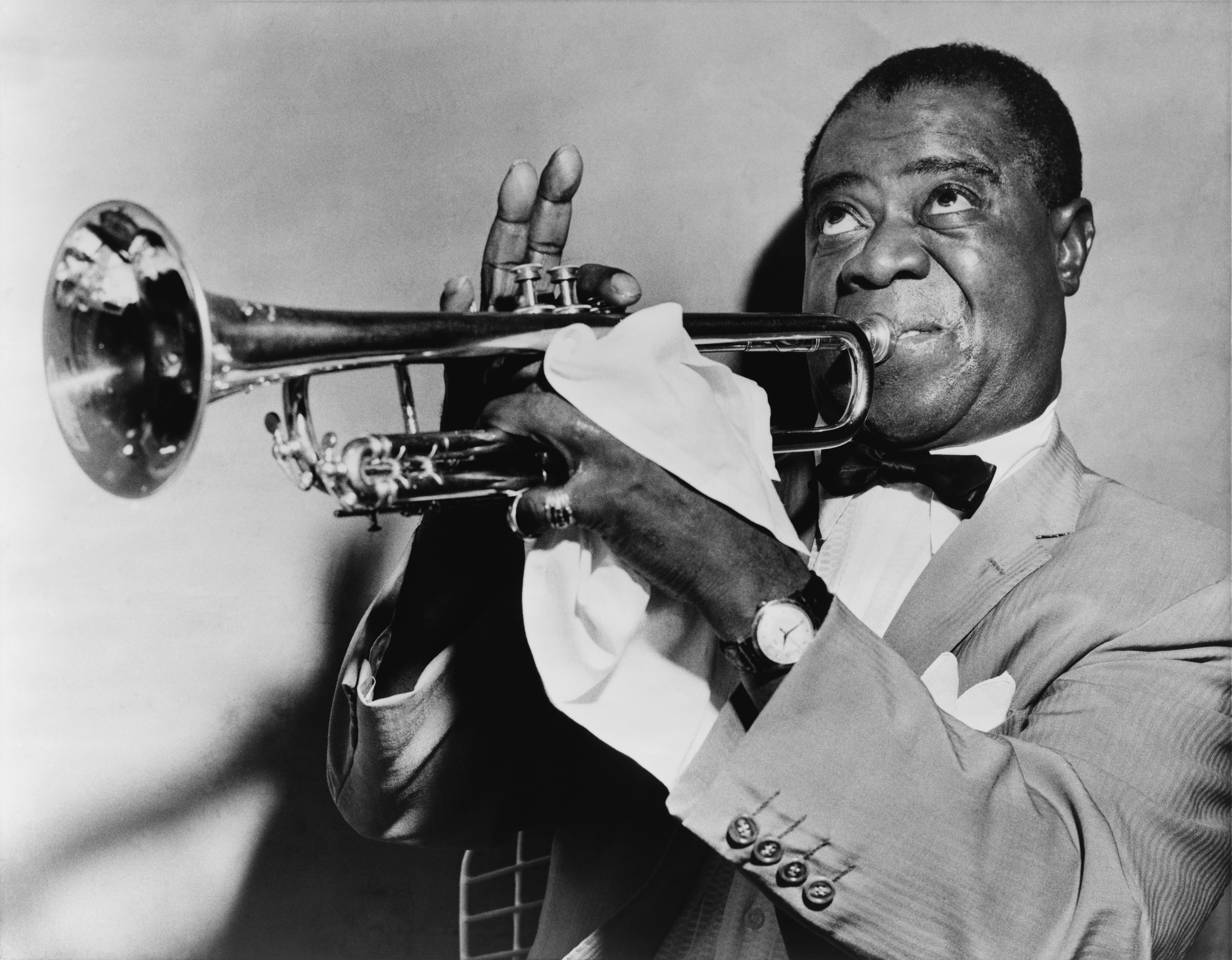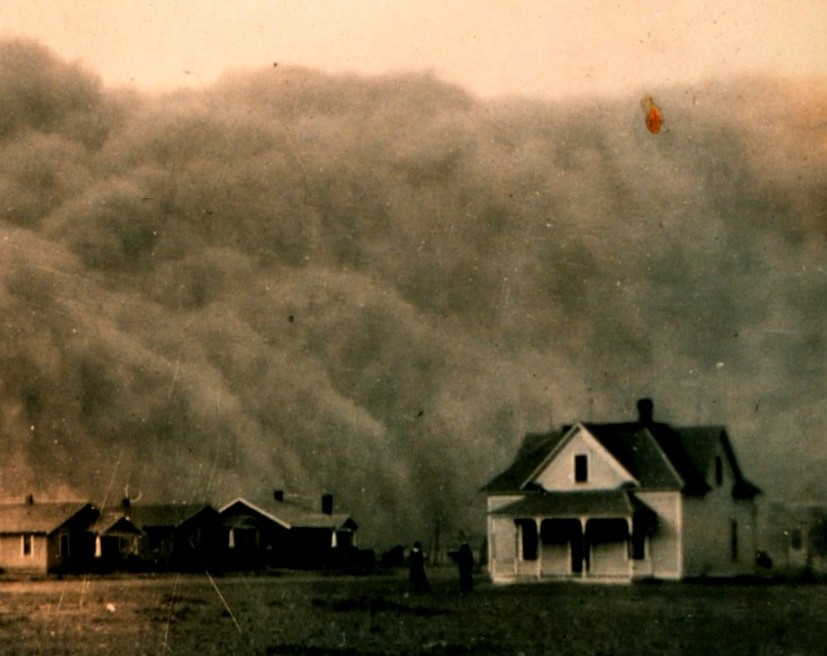
1. Describe the Dust Bowl, what caused it?
It was a dust storm caused by farmers. They caused it by overfarming which induced a drought.
2. Describe how TGD affected (A) children (B) families (C) women (D) men (E) people of color.
A) They suffered from poor diets and lack of money for healthcare. Some did not go to school instead they had to work.
B) Making ends meet was daily struggle, so this provoked families to break apart.
C) Working women of became targets of enormous resentment.
D) There was a very little amount of jobs, so men could'nt support their families and some fathers could not handle that so they would become hoboes.
E) Unemployment rates were higher, they were the lowest-paid, they dealt with racial violence from whites competing for same jobs.
3. Who were "
hoboes", and how did they travel?
They were people that wandered the country aka transients, They hitched rides on railroad boxcars and they slept under bridges.
4. What was an enduring effect on people because of TGD?
It had a social and phsycological impact, people lost their will to survive (suicide rates increased). Also people became more ambitious, more paranoid of becoming poor.
